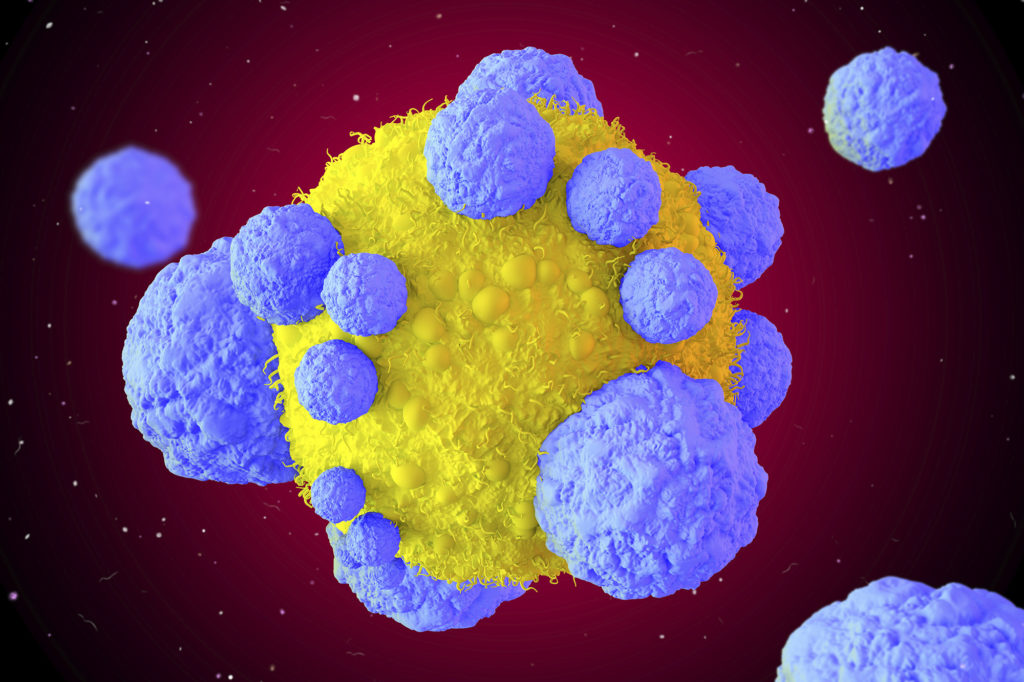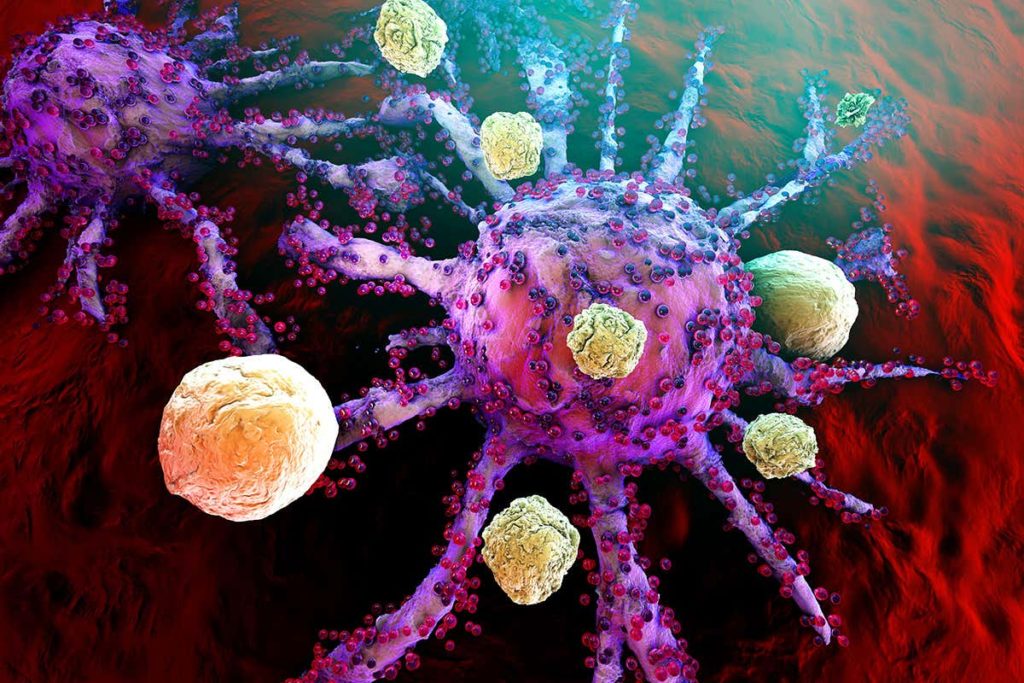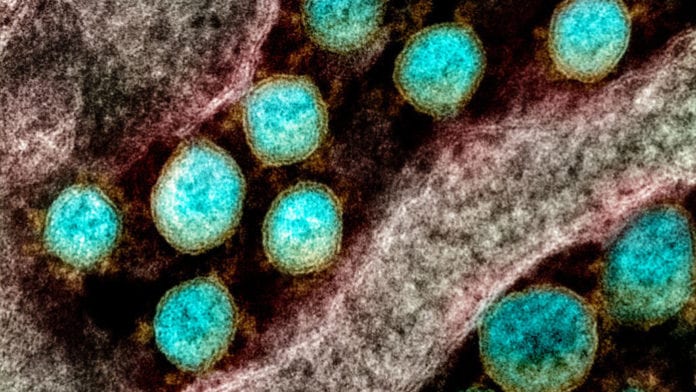The human body has multiple lines of defence in place to prevent and contain any foreign contaminants that might enter the body. One of these lines of defence is T-cells. They are an important part of the immune system that helps us fight against certain viruses. Our knowledge about the role that these cells play in the immune reaction against the Coronavirus had been limited.
Now, a couple of studies have shown that people who have been infected by the Coronavirus have a certain type of T-cells that specifically target the Coronavirus. The presence of these cells is not limited to the infected populations; other people who had never been infected by the virus in the past have also reportedly had these T-cells. The cause, most probably, is that they might have contracted other types of Coronaviruses.

The biggest point of contention amongst researchers in the fight against Coronavirus is whether people who have contracted the disease once can be infected by it again or not. The findings published in this research have turned things around as the presence of T-cells means there is a good chance that people can develop immunity to the virus in the long term after contracting it once. Another positive implication of this research is that it might help researchers in the creation of a vaccine.
The major chunk of the global vaccine effort is focused on utilizing the antibodies to counter the virus. The antibodies are a different kind of immune response. They act by latching onto the Coronavirus and prevent it from entering different cells. The antibodies are produced by what is known as B-cells. The T-cells, on the other hand, work very differently. The helper T-cells mobilize the B-cells into action, whereas killer T-cells search and destroy infected cells in the body. The killer T-cells are highly effective in what they do, and they are also responsible for the severity of the disease.

The results were recorded by exposing the immune cells from recovered patients who had mild symptoms. The immune cells responded strongly to the virus, and the T-cells present recognized the spike protein from the coronavirus. The helper T-cells present also responded to other proteins of the virus as well. The researchers also found killer T-cells in the patients 70% of the time. Other studies conducted to find whether non-infected people also harboured these T-cells found their presence in them as well.
The virus is here to stay, however the fact that long term immunity can be built means that the virus will be here for a shorter time than previously anticipated.
Further Reading:


